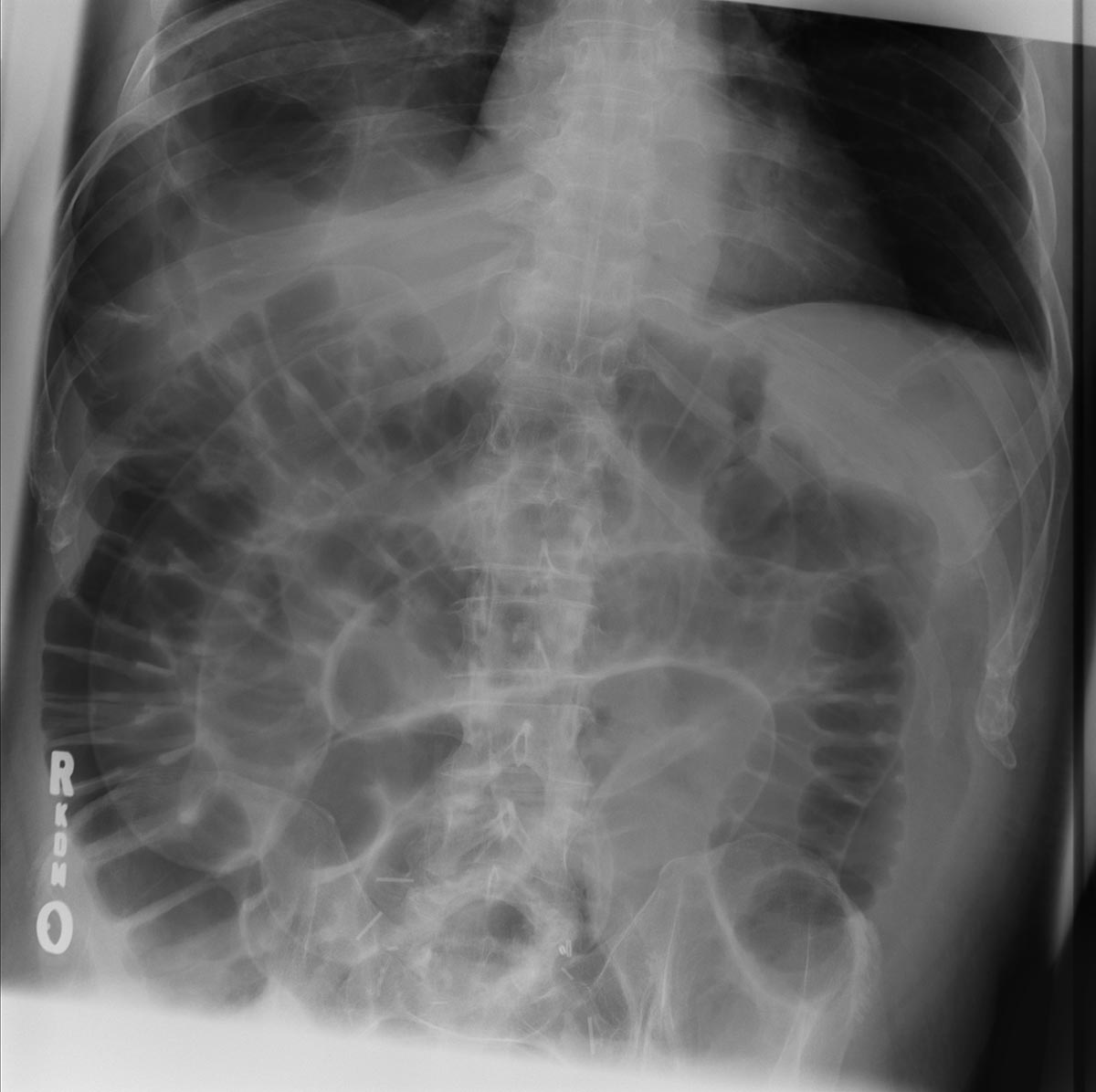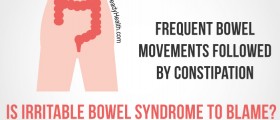
Irritable Bowel Syndrome - Overview
Irritable bowel syndrome can be defined as a chronic gastrointestinal disorder which typically features with abdominal cramping and/or pain, bloating, gassiness and changes in bowel habits.
Irritable bowel syndrome is neither contagious nor inherited. The actual cause of this gastrointestinal disorder has not been identified yet though it is assumed it is associated with abnormal gastrointestinal tract movements and changes in the nervous system communication between the brain and the gastrointestinal tract. Some scientists believe in connection between irritable bowel syndrome and dietary allergies or food sensitivities. However, this theory has never been proven. Although the onset of symptoms is usually induced by stress this is not considered as a cause of the disease.
Overcoming Irritable Bowel Syndrome
This medical condition can be brought under control with self-care measures and if the symptoms linger they may be brought under control with certain medications.
It is not unusual that many patients suffering from irritable bowel syndrome have already changed their diets prior coming to the doctor. They tend to avoid foods such as cruciferous vegetables and legumes which may worsen the symptoms and increase bloating and gassiness.
Dietary changes are essential in overcoming the disease. It is best to determine the ' trigger foods' and remove them from the diet. If there is need, one should take vitamin or mineral supplements. Diet should be well balanced and it is best if one has 4 to 5 small meals per day. Plenty of water is also recommended. Prevention of the attacks can be achieved by maintaining good physical fitness, stopping smoking, avoiding coffee and reducing if not eliminating alcohol consumption. And finally, apart from dietary changes one must learn how to cope with stress and this way try to prevent the attacks of the disease.
Unfortunately, not all the patients can benefit only from dietary and lifestyle changes. Even though the patients suffer from typical symptoms they may occasionally require prescribed medications. In some cases patients may be given antispasmodic medications such as dicyclomine and hyoscyamine. Antispasmodic drugs can effectively reduce the action of the digestive tract and reduce the incidence of spasms. Due to certain side effects these medications are not prescribed to all patients. Treatment also includes antidiarrheal medications (such as loperamide) and they are prescribed to control diarrhea. If there is constipation some patients may be prescribed tegaserod. Still, the treatment with this medication is only short-termed and is only given to female patients. And finally, alosetron is used only in women with severe and chronic diarrhea. It is also supposed to be taken for a short period of time.






_f_280x120.jpg)










Your thoughts on this
Loading...